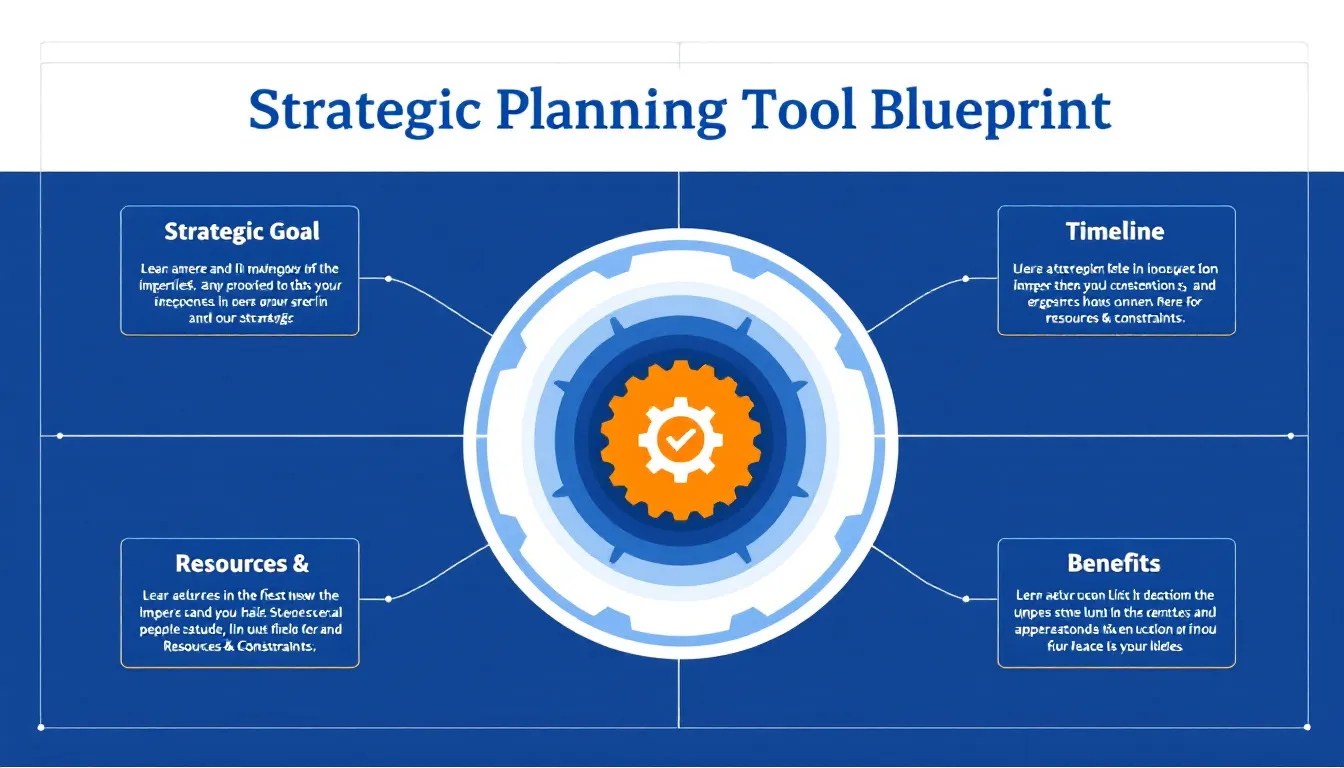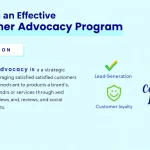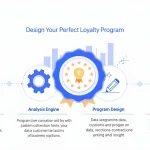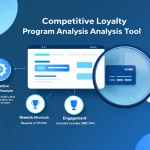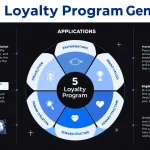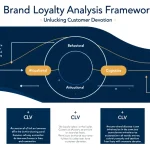Is this tool helpful?
How to Use the Strategic Planning Tool Effectively
Strategic Goal or Objective Field
Enter a clear, focused goal that highlights your business’s strategic aim. Be specific and measurable. Here are two sample inputs:
- “Increase customer retention rate by 15% over the next 18 months through loyalty program enhancements”
- “Develop an eco-friendly product line targeting urban millennials within 24 months”
Timeline Field
Specify a clear timeframe to achieve your goal. While optional, providing this helps shape a practical, time-bound strategy. Examples:
- “18 months with monthly progress reviews”
- “2 years with biannual milestone assessments”
Resources and Constraints Field
Outline the resources you can dedicate and any constraints that might limit progress. Consider financial, human, and operational factors. Sample inputs include:
- “Marketing budget: $300,000; Team members: 15; Limited manufacturing capacity”
- “Access to data analytics tools, Strategic partnerships with two suppliers, Staff training needs
Introduction to the Strategic Planning Tool
This Strategic Planning Tool helps you create detailed business strategies and actionable plans by transforming your strategic objectives into structured steps. It guides you through defining your goals, timelines, and resource considerations to ensure comprehensive planning aligned with your organization’s needs. This tool supports smarter decision-making by providing a clear framework that organizes your strategic priorities and resource allocation.
Key Benefits of Using This Business Strategy Planner
- Clarifies your strategic objectives so your whole team understands the focus.
- Organizes timelines and milestones to keep your strategy on track.
- Highlights resource availability and constraints, helping you optimize planning.
- Supports risk identification and mitigation, improving resilience.
- Creates a practical roadmap that guides implementation and progress monitoring.
Practical Applications of the Strategic Planning Tool
Business Growth and Market Entry
For companies expanding into new markets, this tool synthesizes market research, resource allocation, and timeline management to build a practical entry strategy. For example:
- Analyzing target market segments
- Developing competitive positioning
- Scheduling phased rollouts
- Assessing team and capital requirements
- Planning risk responses for regulatory or cultural challenges
Product Development and Launch Planning
Use this tool to streamline your product launch by aligning research and development efforts, budgeting, and marketing timelines. You can plan:
- Resource allocation for R&D and production
- Quality testing and market feedback phases
- Launch scheduling and promotional campaigns
- Post-launch support and scaling
Core Elements of a Successful Strategic Plan
1. Clear Objective Definition
Establish measurable goals using frameworks like SMART:
- Specific: Precise and focused
- Measurable: Quantifiable outcomes
- Achievable: Realistic within resources and timeframe
- Relevant: Aligned with overall business strategy
- Time-bound: Set deadlines
2. Resource Assessment
Analyze your available capital, personnel, technology, and other inputs to build a realistic plan that maximizes efficiency while considering potential constraints.
3. Timeline and Milestones
Break down your goal into actionable phases with clear deadlines to track progress and adjust plans as needed for effective execution.
Advantages of Using This Strategic Planning Tool in Your Business
Improved Decision Making
You gain insight into critical success factors and market dynamics, empowering you to prioritize actions that drive growth and competitive advantage.
Optimal Resource Utilization
By understanding your constraints, you allocate resources strategically to avoid waste and maximize productivity throughout the project lifecycle.
Comprehensive Risk Management
Identify potential challenges early and prepare contingency plans, reducing the impact of unforeseen events on your business strategy.
Common Use Cases and Real-World Examples
Case Study: Expanding a Consulting Firm
A regional consulting firm aimed to broaden its services nationwide. Using the tool, they defined goals, allocated marketing resources effectively, and developed a timeline for entering three new states within 24 months.
Case Study: Launching a Tech Startup Product
A startup in the software industry planned a product launch for project management software. The tool helped assign budgets for development, set customer acquisition targets, and plan phased feature rollouts.
Frequently Asked Questions About the Strategic Planning Tool
Q: How detailed should my strategic goal be?
Provide clear, measurable targets with relevant context to get the most effective and specific strategic plan. The more focused your goal, the better the plan aligns with your needs.
Q: Is this tool suitable for small businesses?
Yes. The tool adapts recommendations based on your organization’s size and available resources, ensuring practical strategies for startups and small enterprises.
Q: Can this tool support non-profit or educational organizations?
Absolutely. It works well for diverse organizational types, including non-profits and public institutions seeking structured strategic planning.
Q: How often should I update my strategic plan?
Regularly review your plan at least quarterly to track progress and annually to adjust priorities in response to changing market conditions or organizational goals.
Q: Can I generate multiple strategic plans for the same goal?
Yes. By changing inputs like timelines or resource assumptions, you can explore alternative strategies and select the best fit for your situation.
Important Disclaimer
The calculations, results, and content provided by our tools are not guaranteed to be accurate, complete, or reliable. Users are responsible for verifying and interpreting the results. Our content and tools may contain errors, biases, or inconsistencies. Do not enter personal data, sensitive information, or personally identifiable information in our web forms or tools. Such data entry violates our terms of service and may result in unauthorized disclosure to third parties. We reserve the right to save inputs and outputs from our tools for the purposes of error debugging, bias identification, and performance improvement. External companies providing AI models used in our tools may also save and process data in accordance with their own policies. By using our tools, you consent to this data collection and processing. We reserve the right to limit the usage of our tools based on current usability factors.
